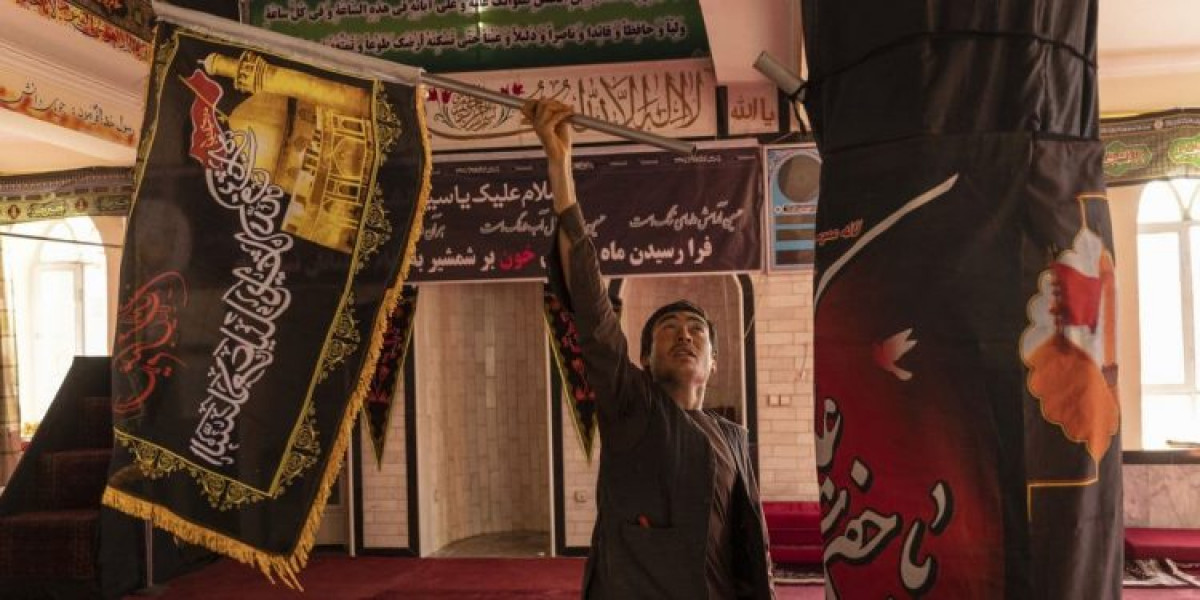 99
99
ISIS is a terrorist organisation that began in Iraq and soon extended throughout Syria, but as the group’s position deteriorates in Syria and Iraq, it seeks territory in the Islamic world in which to operate. States with weak governments are a perfect alternative for ISIS to prove that it still survives. This category includes destitute nations such as Afghanistan, Libya, and Sudan, to name a few. Based on the experiences of al-Qaeda and Arab militants in Afghanistan, ISIS leaders think that acting in Afghanistan will aid the group in extending its activities towards various parts of Khorasan, its self-proclaimed caliphate. The Taliban had multiple chances to capture and punish those responsible for the horrendous terrorist attack at Kabul airport, as well as avert similar tragedies. However, bombings, armed assassinations, and a recent suicide attack targeting the Afghan Shiite community suggest that the Taliban has so far failed in their fight against ISIS terrorists, posing a direct challenge to Kabul’s new administration. ISIS’ activeness is shown by the murderous strikes in Kunduz and Kandahar that happened just within a week of one other, and the terrorists’ choice of Kandahar as their next target after the Kunduz attack demonstrates their capacity to strike anywhere. In reality, ISIS carried out suicide assaults in Kandahar, the Taliban’s main stronghold, killing a large number of people. The Taliban had claimed that ISIS poses no serious threat to Afghanistan and it can vanquish terrorists easily. However, in the aftermath of the attacks against the Shiite mosque, the Taliban just sufficed to denounce ISIS’s crime, irresponsibly stating that Shiites themselves had assumed the task of defending Friday prayers, and so no blame should be directed against the Taliban. ISIS terrorists primarily target ethnic groups to divide Afghan society along ethnic and religious lines, as evidenced by the disastrous terrorist attack on a Shiite mosque in Kunduz, which, if allowed to continue, would almost certainly result in more civil war and devastation, as well as exploitation by reactionary Arab regimes. The truth is that the Taliban is divided into sub-groups that fight each other, enabling terrorist organisations like ISIS to thrive. Based on this, it seems that the Taliban inadvertently permitted these assaults against Shiites to occur. Hence, three situations are possible in this regard:
1. The Shiite community of Afghanistan has long admired the Iranian leadership. Consequently, the Taliban tries to imply that if the Shiites join the Taliban and recognise its legitimacy, their security in Afghanistan will be ensured; otherwise, it would be jeopardised.
2. The Taliban have long sought to distance themselves from ISIS, attempting to show to the world community that they are not associated with ISIS and that their presence in Afghanistan is necessary to keep the country out of ISIS’ clutches. Thus, by authorising the assault on Shiites, the Taliban want to remind the international community of the critical nature of recognising their new regime in Kabul. In truth, the Taliban has taken no tangible measures against ISIS and has decided to wait until the international community recognises it as Afghanistan’s legitimate government before taking any concrete action.
3. In fact, atrocities against Afghan Shiites are unlikely to be only blamed on ISIS. The current lack of security and stability in Afghanistan is due to the interests of Turkey, and Pakistan, all of which are supported by the US. Furthermore, these regimes exploit the supply of arms to the Taliban and their presence in Afghanistan under the guise of security to target Iran’s traditional supporters, the Shiite Hazaras. Finally, terrorist assaults on Shiite mosques have raised questions about the Taliban regime’s ability to govern Afghanistan. The Taliban administration’s only option for restoring security and stability in Afghanistan, according to the Supreme Leader of the Islamic Revolution of Iran, is to form an inclusive government of all religious, ethnic, and linguistic nationalities and promote Islamic unity, as he stated during the Islamic Unity Conference held this week in Tehran. “An important approach to avoid such occurrences in the future is for existing respectable Afghan leaders to visit these [religious Shiite] centres and mosques and join their prayers,” said Iranian Supreme Leader Ayatollah Khamenei.
Comment
Post a comment for this article